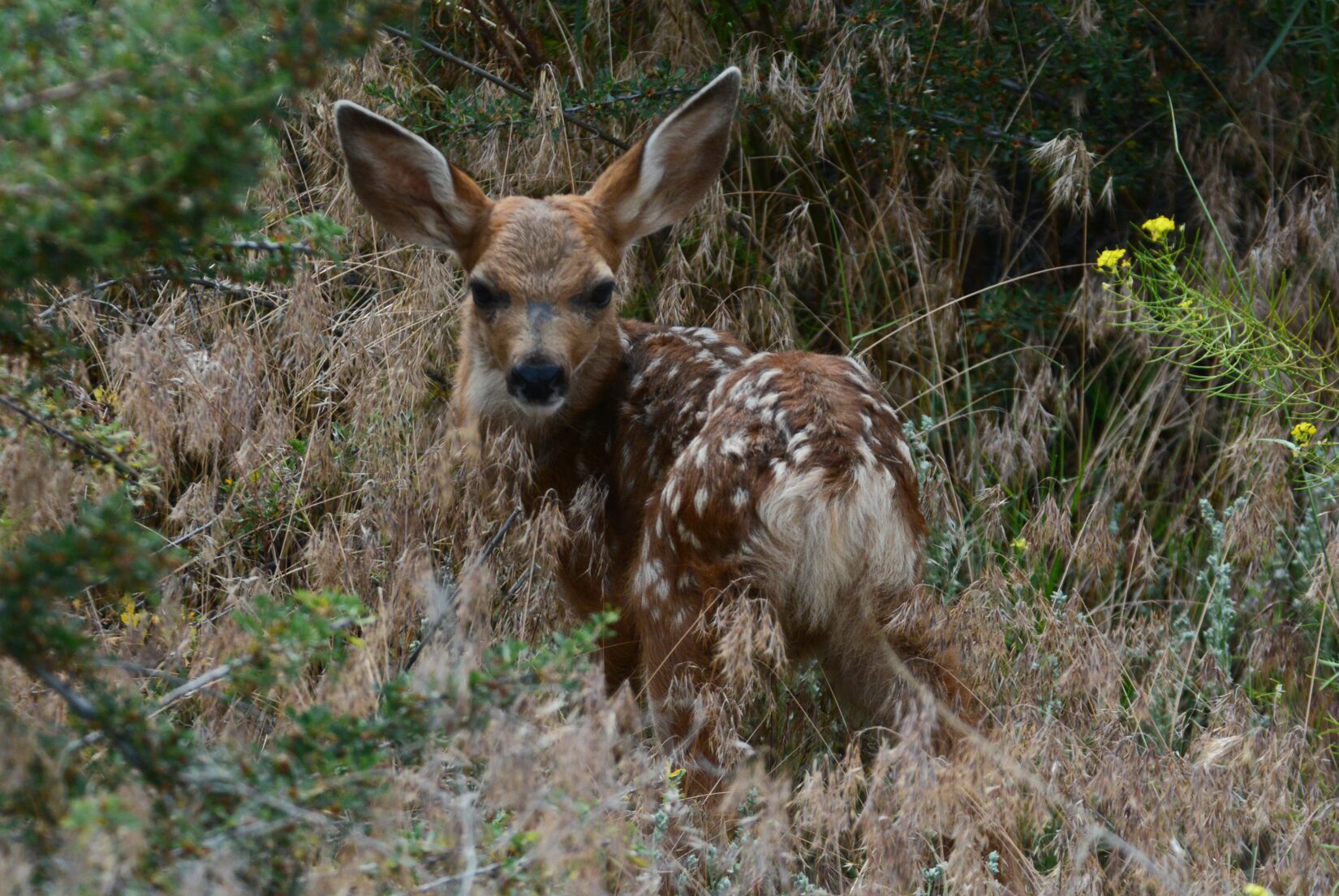People sometimes ask why the BC SPCA has the Wild Animal Rehabilitation Centre (Wild ARC) and why we work so hard to save wild animals. It’s a great question, there are many reasons why wildlife rehabilitation is important.
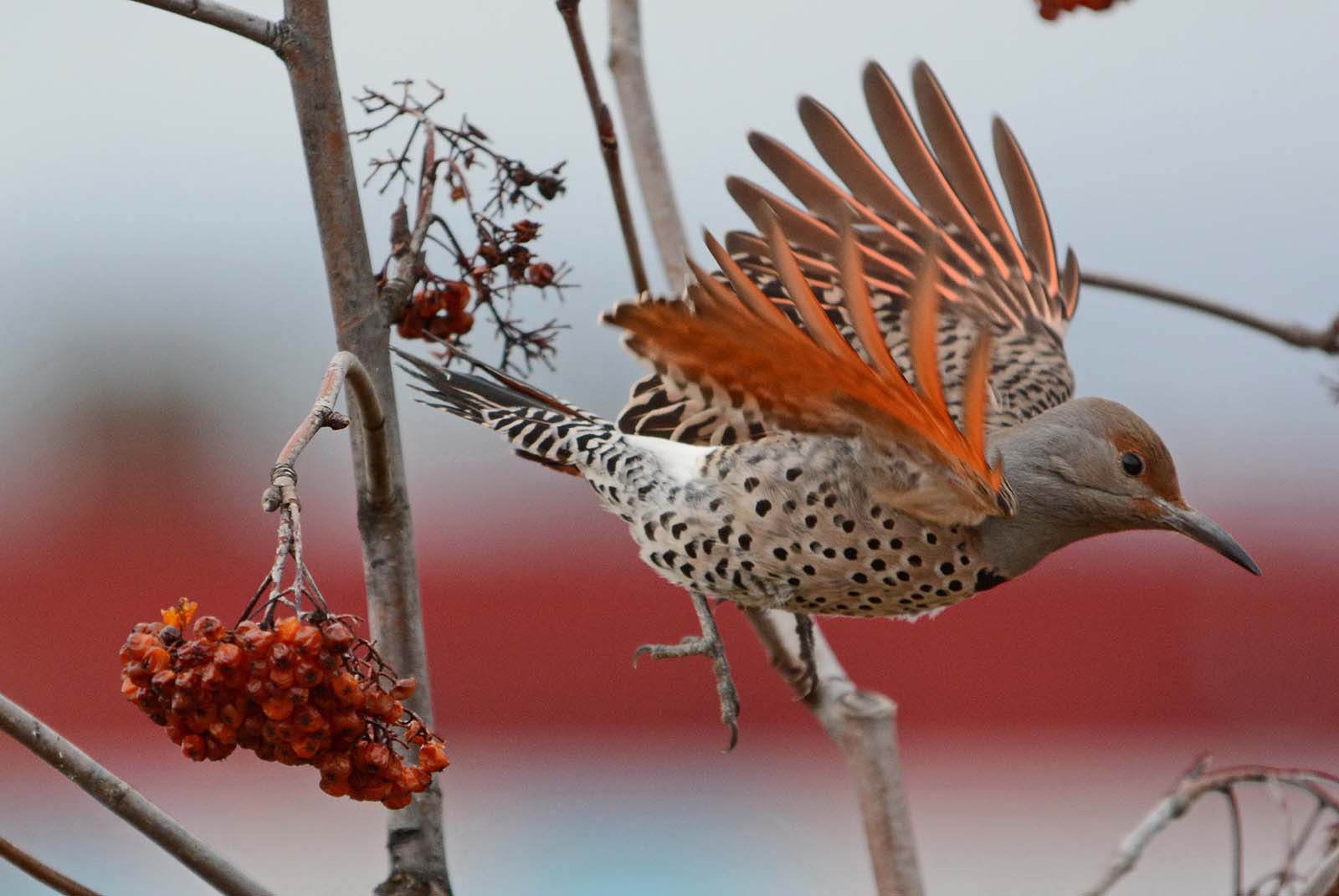
Wildlife injuries are often human-caused – and we can help
Most wild animals that arrive at Wild ARC are in trouble because of something related to human activity. Year after year, the top three reasons we see patients in care is because they were caught by a free-roaming outdoor cat, hit by a car, or they struck a window. We also admit patients that have been poisoned, shot, or tangled in fishing line. Wild animals face many dangers in our urban landscape, and our cities are growing quickly. We can help wildlife affected by our activities and make up for some of these negative by-products of urban life.
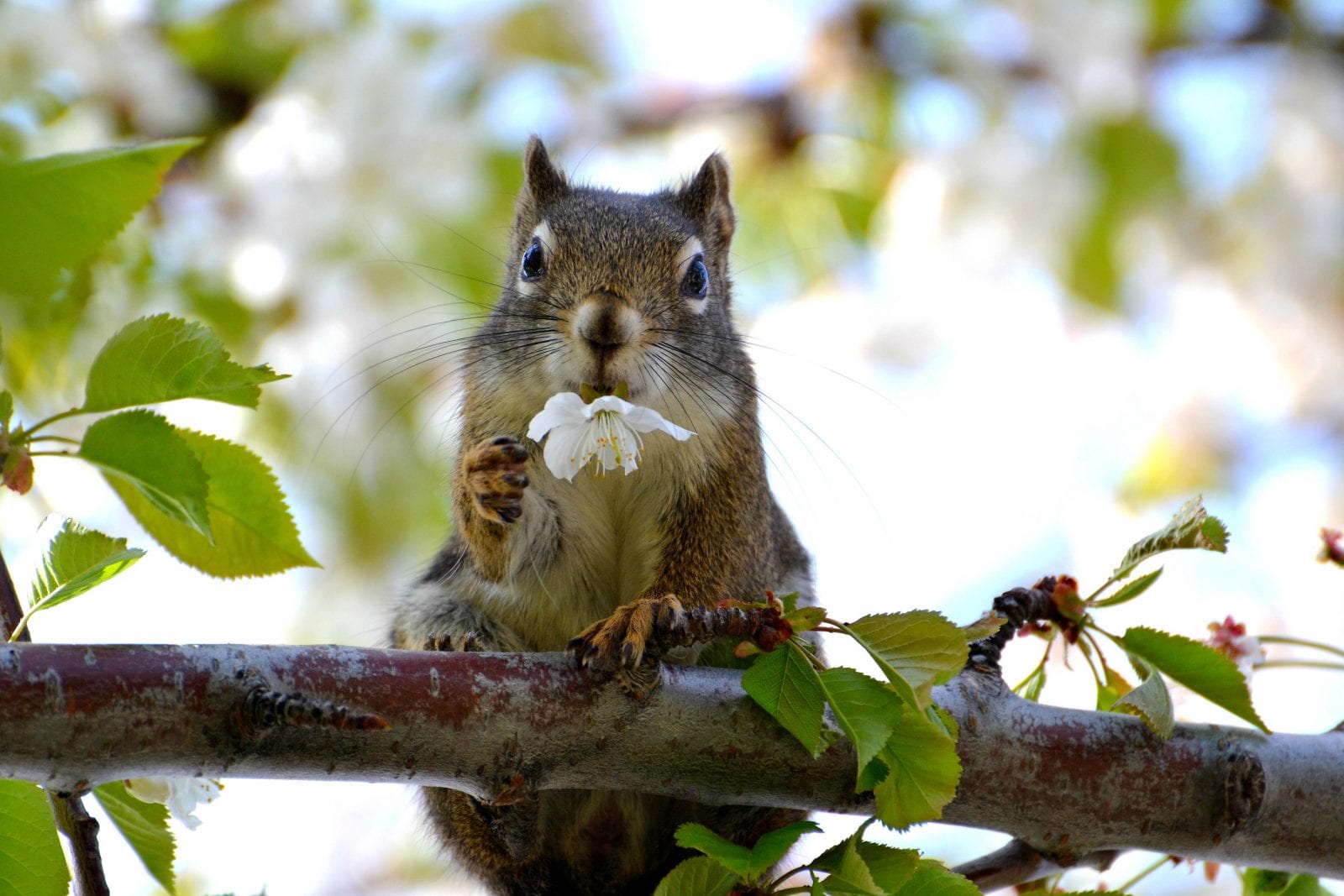
Rehabilitation supports wildlife conservation
Wildlife rehabilitators focus on individual animals rather than populations. This doesn’t mean that the goals of wildlife rehabilitation are at odds with wildlife conservation though. When animals in need of help are a threatened or endangered species, returning even just one animal to a population can make a difference.
Wildlife rehabilitators develop skills and knowledge that can be used to ensure success in species recovery programs, or to help wildlife recover from a large-scale oil spill. We are also vocal advocates for both wild animals and their habitat to ensure rehabilitated wildlife have an intact environment for them to return to.
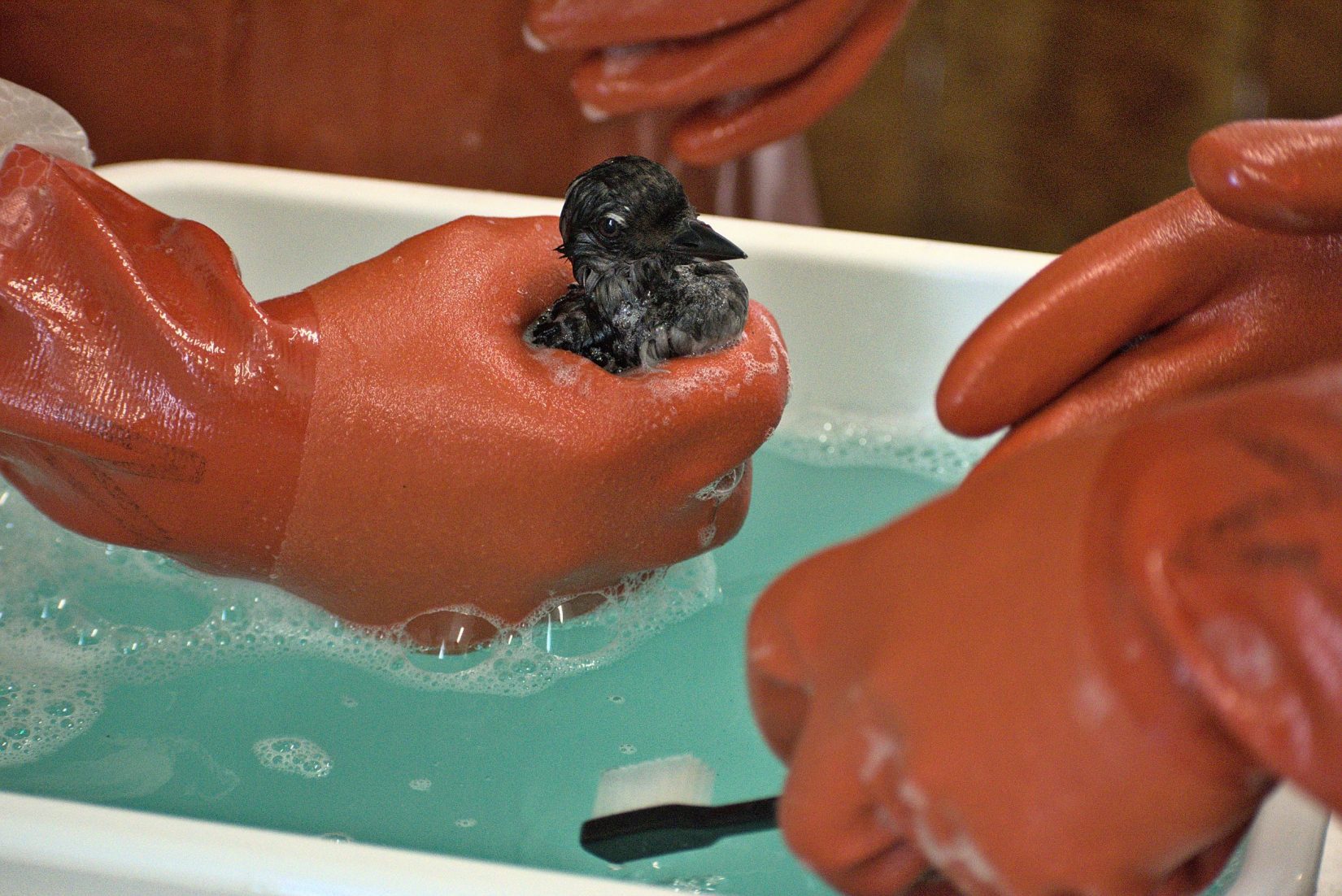
Rehabilitation decreases suffering
We hope to return every wild animal to their natural environment, but it is not always possible to save every patient. Often their injuries are too severe, or their illness has progressed too far, for us to help them recover. In these cases, we have the ability to end their suffering with compassion by providing humane euthanasia. Attempts to care for wild animals outside of specialized facilities like Wild ARC often results in increased pain and suffering and are ultimately unsuccessful. Without wildlife rehabilitators, injured, orphaned, and diseased wildlife would have nowhere to go.
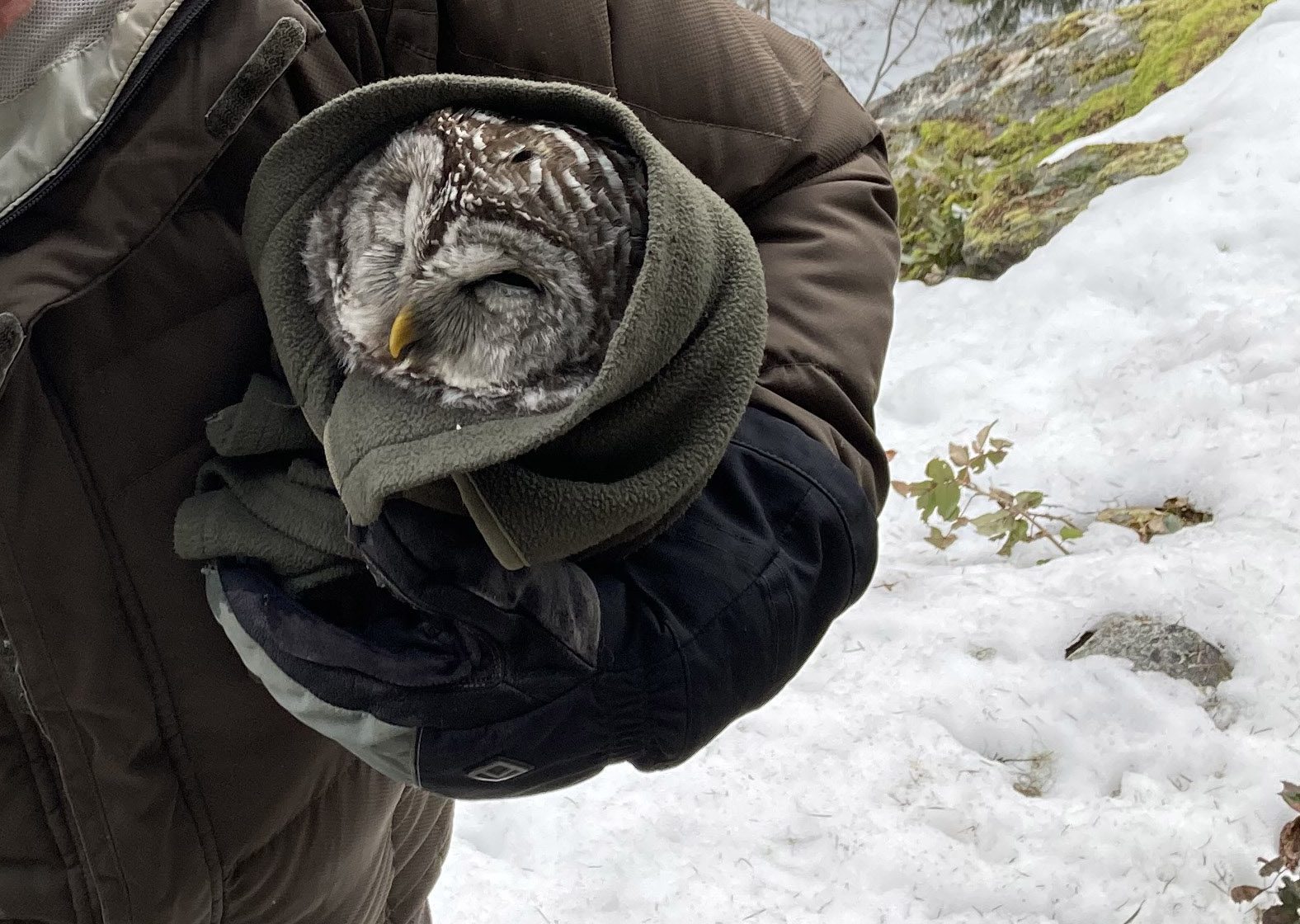
Communities value wildlife rehabilitation
We are a non-profit organization and do not receive core government funding. Donations from members of the public form the base of our support, highlighting the important role wildlife rehabilitation plays in local communities. We offer many ways to support our work, and every contribution helps us save more wild lives.
